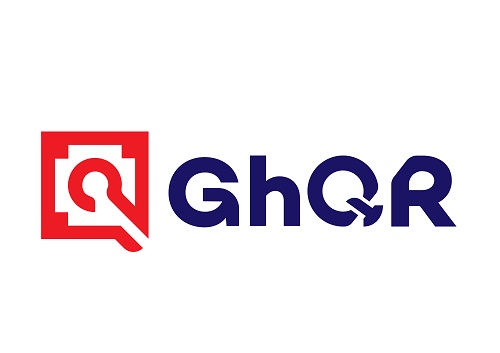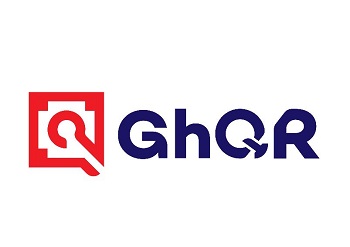GhIPSS Targets Public Transport Sector for Use of The GhQR Payment Platform
 The Ghana Interbank Payment and Settlement System (GhIPSS) is targeting the commercial transport sector to help drive the adoption of the GhQR platform.
The Ghana Interbank Payment and Settlement System (GhIPSS) is targeting the commercial transport sector to help drive the adoption of the GhQR platform.
GhQR is an electronic payment channel that enables customers to scan displayed QR codes with their smart phones and pay, or dial displayed USSD codes with their phones to make payment. Ghana’s QR code for payment is universal which means that any customer whose bank or payment service provider offers the service can use it wherever it is displayed.
Customers of the major banks, telcos and other payment service providers can access the service and make payments wherever they find a GhQR code.
The Commercial transport sector is seen by GhIPSS as one of the key merchant points, considering the relative ease with which QR codes can be set up in the busses. Passengers boarding, will only need to scan the displayed codes by the driver, to pay and take their seat in the bus. Passengers who do not have smart phones, will dial a code and make payment.
Paying transport fares with GhQR means that less or no cash will be on the driver and passengers will equally have little reason to carry cash. When GhQR becomes the dominant mode of paying transport fares, there would be less motivation for highway robberies, many experts have suggested.
Speaking in an interview, a year after the launch of GhQR, the Chief Executive of GhIPSS, and Mr. Archie Hesse said plans were far advanced for the organization to meet the various companies and associations involved in commercial transport services. He explained that since most transport fares are fixed, it will would be easy for just everyone to pay using GhQR. He however added that during their engagement with the key stakeholders, any adjustments that will be required to make the service user friendly for commuters will be made.

 The public can now pay for goods and services through the universal Gh QR code, as some six banks have started deployment. The banks are Ecobank, GCB Bank, Zenith Bank, Bank of Africa, Fidelity Bank and Agriculture Development Bank. The remaining banks are still in the process to enable them begin the rollout.
The public can now pay for goods and services through the universal Gh QR code, as some six banks have started deployment. The banks are Ecobank, GCB Bank, Zenith Bank, Bank of Africa, Fidelity Bank and Agriculture Development Bank. The remaining banks are still in the process to enable them begin the rollout.